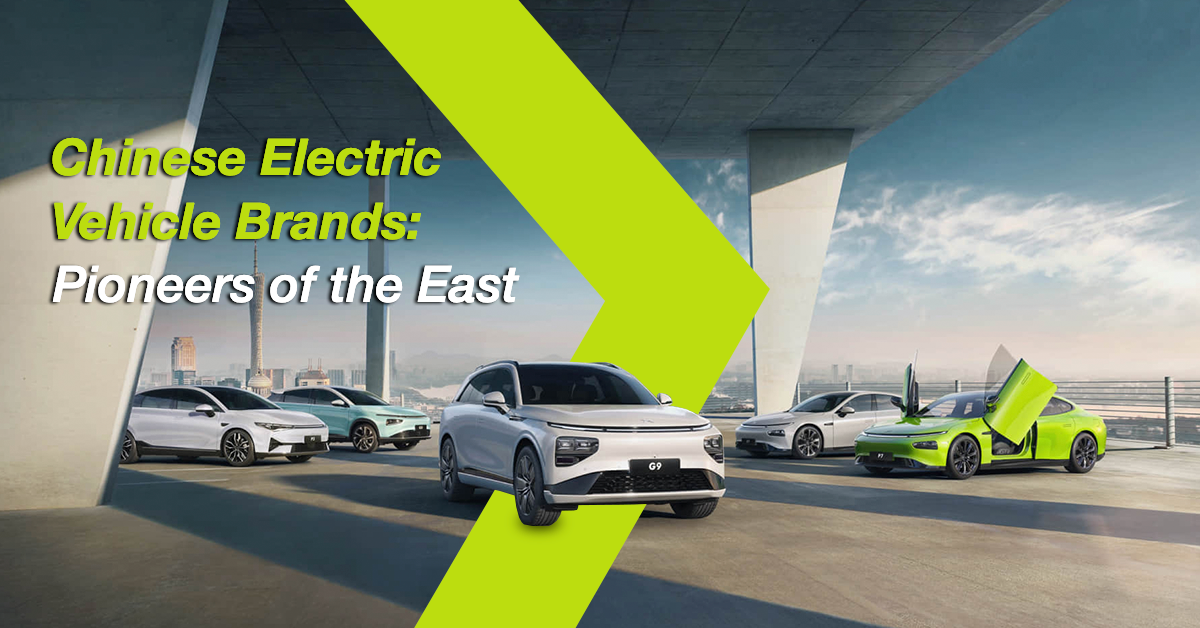
The electric vehicle (EV) revolution is not confined to the West. China, as the world’s largest automobile market, has also emerged as a leader in the electric vehicle segment. As of 2023, several Chinese electric vehicle brands have made significant inroads not only domestically but also on the global stage. This article delves deep into the world of Chinese electric vehicle brands, highlighting their contributions, innovations, and global aspirations.
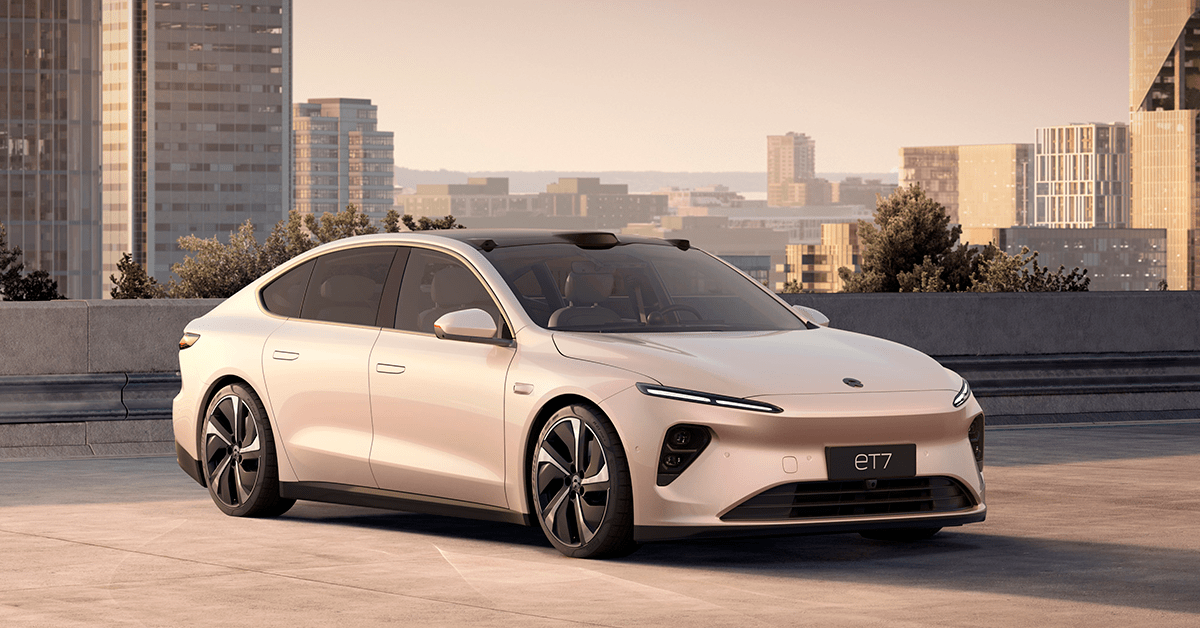
1. NIO
Overview
Founded in 2014, NIO quickly established itself as one of China’s premium EV brands. Often dubbed the “Tesla of China,” NIO has focused on high-performance and luxury electric vehicles.
Key Models
The ES6 and ES8 SUVs and the EC6 coupe-style SUV are among NIO’s standout models. Their sedan, the ET7, launched with much fanfare, boasting impressive range and cutting-edge autonomous driving capabilities.
Innovations
NIO has pioneered the concept of battery-swapping stations, allowing users to quickly replace depleted batteries with fully charged ones, addressing concerns over charging times.
Global Aspirations
While initially focusing on the Chinese market, NIO has hinted at global ambitions, with expansions into Europe being a potential first step.

2. Xpeng Motors
Overview
Another formidable player in the Chinese EV market, Xpeng Motors, has positioned itself as a tech-centric brand, focusing on smart, connected vehicles.
Key Models
The G3 SUV and the P7 sedan have been integral to Xpeng’s success. Both models emphasize autonomous driving features and in-car tech.
Innovations
Xpeng’s proprietary XPILOT autonomous driving system is among the most advanced in China, with regular over-the-air updates to enhance its capabilities.
Global Aspirations
Xpeng has already made moves into the European market, particularly Norway, indicating its desire to be a global EV brand.
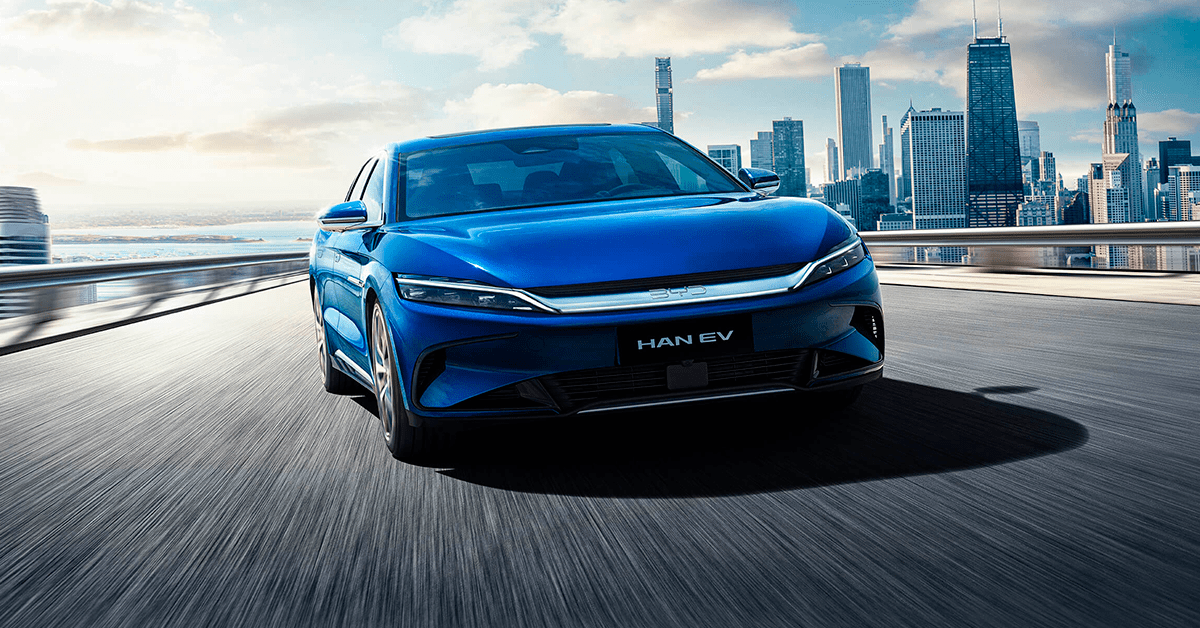
3. BYD
Overview
Founded in 1995, BYD (Build Your Dreams) began as a rechargeable battery company. Today, BYD it’s one of the largest EV manufacturers in China, producing a range of vehicles from buses to passenger cars.
Key Models
The Han EV sedan and the Tang SUV have been particularly popular in China, known for their range and reliability.

Innovations
BYD’s Blade Battery technology aims to address concerns over battery safety and efficiency, showcasing the company’s commitment to innovation.
Global Aspirations
BYD has a significant presence in many international markets, particularly in the realm of electric buses and commercial vehicles.
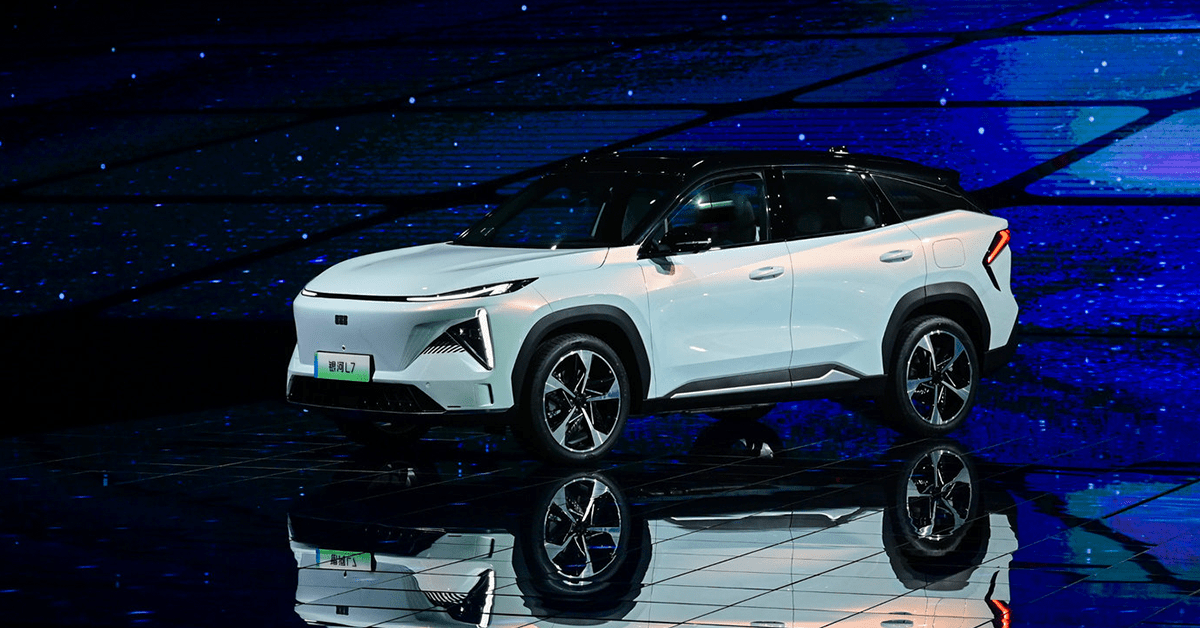
4. Geely
Overview
Geely, one of China’s largest private automakers, has been proactive in embracing electrification, both through its own brand and its acquisitions (like Volvo and Polestar).
Key Models
The Geometry series, Geely’s EV-specific lineup, has been well-received, especially the Geometry A sedan.
Innovations
Geely’s focus on modular platforms allows for flexibility in producing various types of EVs, from sedans to SUVs.

Global Aspirations
Through its acquisitions and partnerships, Geely has a footprint in various global markets, positioning itself as a global auto conglomerate.
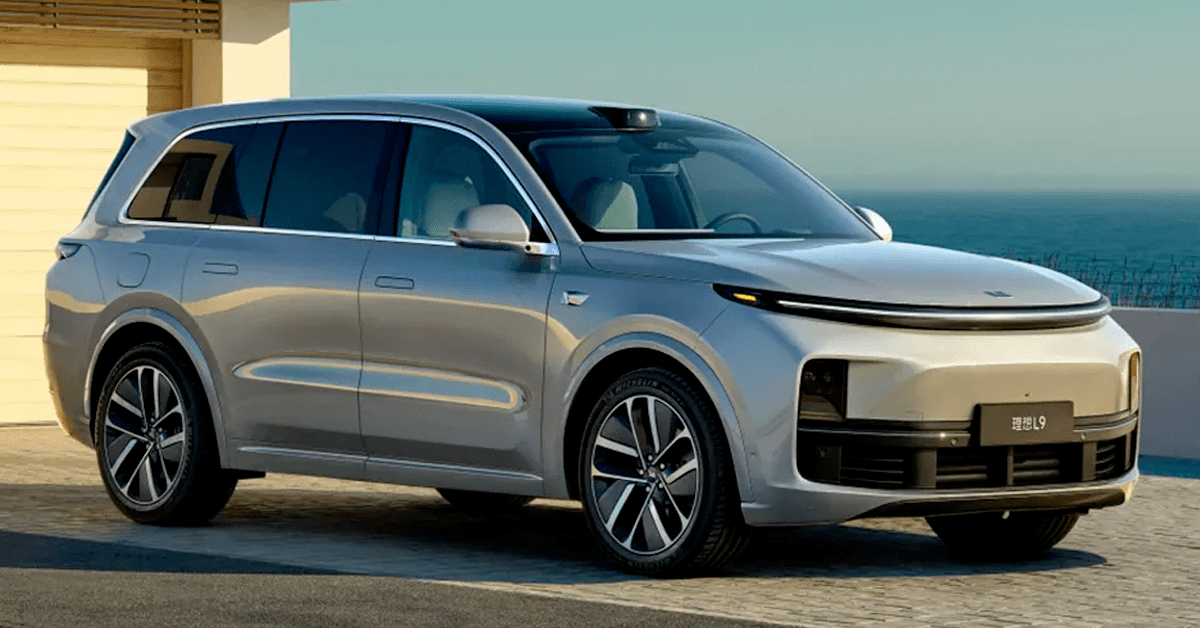
Emerging Players: Apart from these giants, several emerging players are worth noting, such as Li Auto, which focuses on extended-range electric vehicles, and WM Motor, which emphasises smart and connected EVs.
Conclusion
China’s EV market is a dynamic and rapidly evolving landscape. Driven by domestic demand, favourable government policies, and a push for sustainable transportation, Chinese EV brands are not just content with conquering the local market; they have set their sights globally. As these brands continue to innovate and expand, they are poised to play a crucial role in shaping the future of electric mobility worldwide.
#Chinese Electric Vehicle Brands
#Electric Vehicle Revolution
#Global Aspirations
About WDD Malaysia
WDD Malaysia, an esteemed website designer, offers tailored web design solutions that amplify business performance through strategic branding, especially for industries such as oil & gas, petrochemicals, construction and manufacturing. Their skilled website designers create custom, responsive websites with a focus on mobile-first design for optimal functionality on all devices. They deploy advanced SEO strategies to elevate visibility and rankings, ensure robust website security, and manage ongoing maintenance. WDD Malaysia’s comprehensive branding services also include developing visual identities and integrating effective digital marketing tactics.




